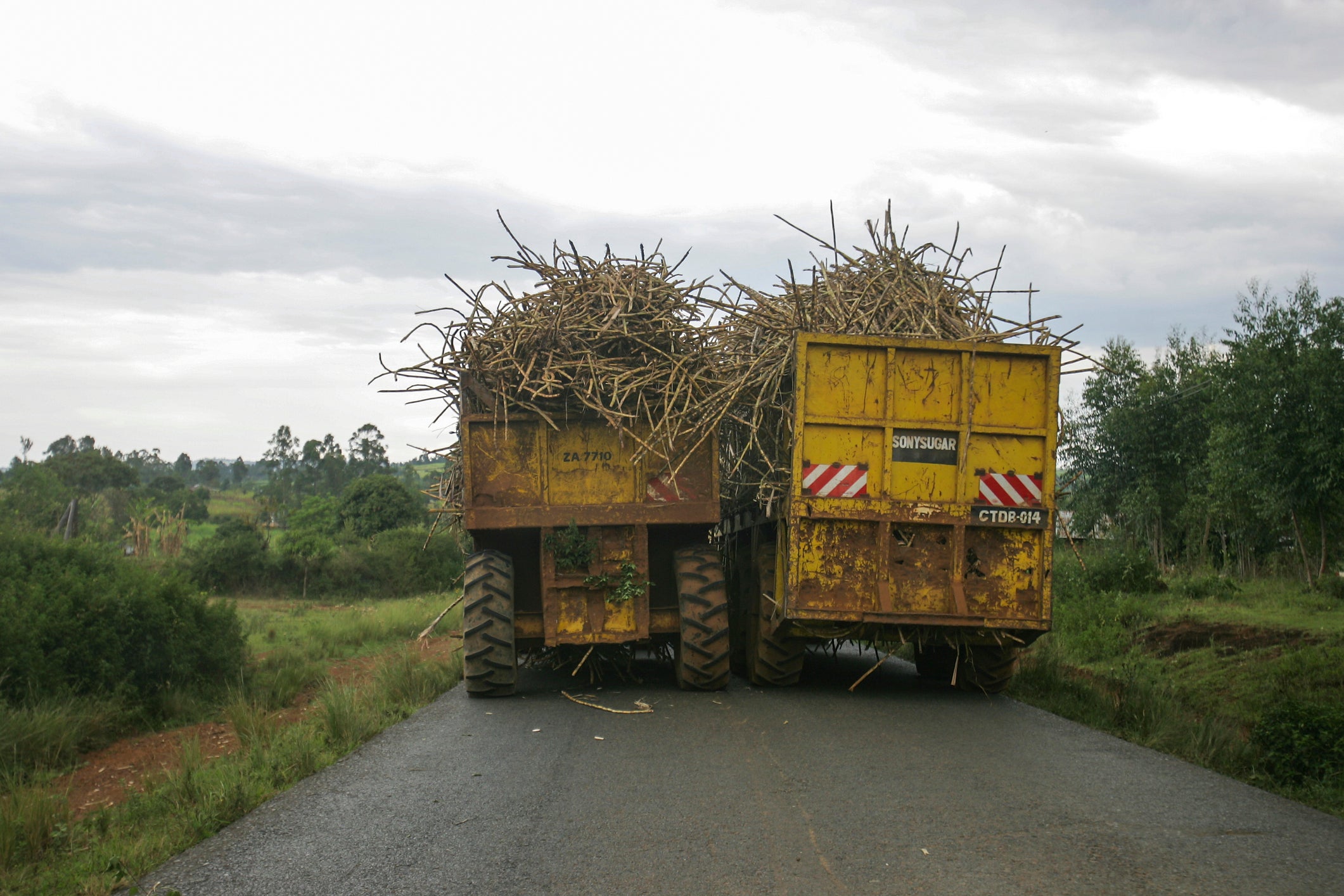
NAIROBI – Africa’s first verifiable carbon market has launched in Nairobi, with forward trade of more than two million carbon futures credits.
Nairobi-based emissions platform CYNK has launched as the first Africa-based, end-to-end platform for the measurement, verification and sale of high-quality verifiable emissions reductions.
The two million credits were produced by the Tamu Group, Kenya’s largest biomass company, which was founded seven years ago by Nils Razmilovic, who is also CYNK’s chairman and founder.
Tamu makes biomass briquettes from waste produced by sugar milling operations in Kenya. Each carbon credit sold on CYNK is equivalent to one tonne of carbon emissions saved, which would otherwise have been emitted had the sugar milling waste been left to rot.
“This trade of over 2 million forward carbon credits shows the trust being rebuilt in the high-quality segment of the voluntary carbon markets after a period of complete loss in confidence in wider markets,” said CYNK CEO Sudhu Arumugam in a press release.
“It also showcases the potential for climate projects and sovereign nations in the Global South to monetise this fast-growing asset class.”
Following the approval of Article 6 of the Paris Agreement – the rulebook governing global carbon markets – at COP26, nations across Africa are racing to benefit economically from the trade in carbon credit projects.
The global trade in carbon credits is currently worth $2bn a year, but according to one estimate, could grow to $1trn in just 15 years.
Rather than carbon projects going through middlemen, who may take a large cut or even double-sell the credits, CYNK’s platform uses blockchain to enable climate projects from the Global South to interact directly with investors and buyers in the Global North, via a marketplace that is accessible to all.
CYNK was designed in Africa by teams with significant experience in projects on the ground. Projects traded on the platform will be monitored “both from a carbon and social impact perspective”, said the company in a press release, in order to ensure the continued viability of the credit.
“What we are doing is extremely ambitious. We are not sitting in an office in London or San Francisco creating technology we think might help,” said Razmilovic in an interview with Energy Monitor. “We are covering the entire value chain, from the project and its social impact to the data collection necessary to effectively trade carbon credits.”
CYNK declined to name buyers of the first two million credits or details of pricing of the transaction, but the company told Energy Monitor that “right now, the target market is corporate buyers”.



